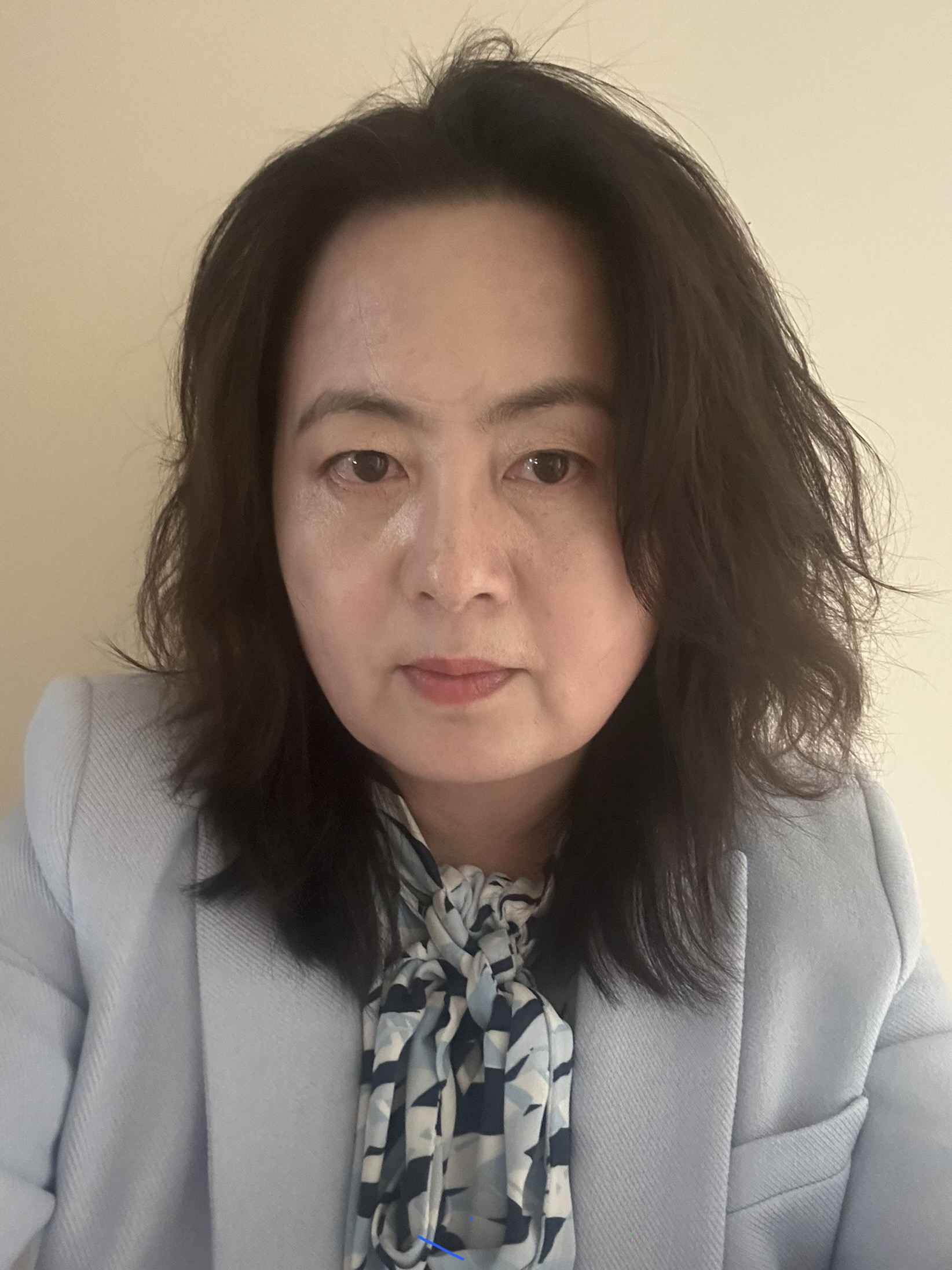
Recent research on climate change issues has started paying more attention to racial minorities’ awareness of related problems, but these studies often focus on black and Latinx communities. There is no doubt that these studies have filled a significant void in existing research on the public’s reactions to climate change and air quality issues. Missing from these new research endeavors are studies on Asian communities. The rising number of anti-Asian crimes during the pandemic has brought to more people’s attention the challenges that Asians face in the U.S. The myth of model minority has also brought about further damage to the community as everyone thought that Asians were doing well in this country, while in reality, they were struggling with the same issues as other POC communities, ranging from racial discrimination to the construction of public facilities (e.g., a mega jail right in the center of Chinatown) that are deemed undesirable in other residential areas.
A 2020 study on COVID mortality found that Chinese patients’ death rate was the highest of all racial and ethnic groups in NYC (https://www.ncbi.nlm.nih.gov/pmc/articles/PMC8335981/). This high rate was surprising to many because Asians were among the first to wear masks or take other preventive actions. Could poor air quality be one of the possible causes? Funded by the Atkinson-EDF joint grant, my research team examined people’s awareness and concern about air quality in Chinatown, as well as their involvement in self-advocacy initiatives.
Ethnographic observations, interviews, surveys and content analysis of news reports revealed a long history of marginalization and invisibility of the community’s challenges to society, for instance, exclusion from receiving government aid during both 9-11 and COVID-19 https://www.reuters.com/world/us/hard-hit-by-covid-pandemic-nycs-chinatown-hopeful-new-year-2022-02-07). While the Chinese immigrant community showed astounding resilience in the face of various challenges, low self-efficacy to bring about any form of change is widespread in the community.
Engaged Intercultural Learning
Connie Yuan is exploring two projects as a Faculty Fellow in Engaged Learning: a new Experiential Intercultural Communication course and a research project on air-quality issues in Manhattan Chinatown.
For the course, Yuan is collaborating with Cornell China Center and universities in China for exchange opportunities. Students enrolled in Yuan’s Experiential Intercultural Communication class first read and discuss theories of intercultural communication in the fall semester. They also receive training in conducting social research and prepare for possible field studies and engaged learning opportunities in China. Students visit China during the winter break, during which they attend seminars given by professors from Chinese universities to learn how Chinese scholars may perceive the world similarly or differently from the Americans. Students also visit Chinese high-tech companies and interact with people from local communities. In the spring semester, students reconvene for post-trip reflections. Yuan is also interested in collaborating with other hubs of Cornell and taking students to other cultures.
For the Manhattan Chinatown project, Yuan is working with a community organization to develop workshops that help increase awareness of air quality issues among residents and to boost participation in self-advocacy initiatives. While the air quality of Chinatown is the worst in Manhattan, and the death rate from COVID in this community is the highest among all racial communities, this immigrant community has not engaged in self-advocacy to address the issues. Lessons learned from developing the engaged workshops for this project can be used as a template for engaged learning projects in Yuan’s other courses.


